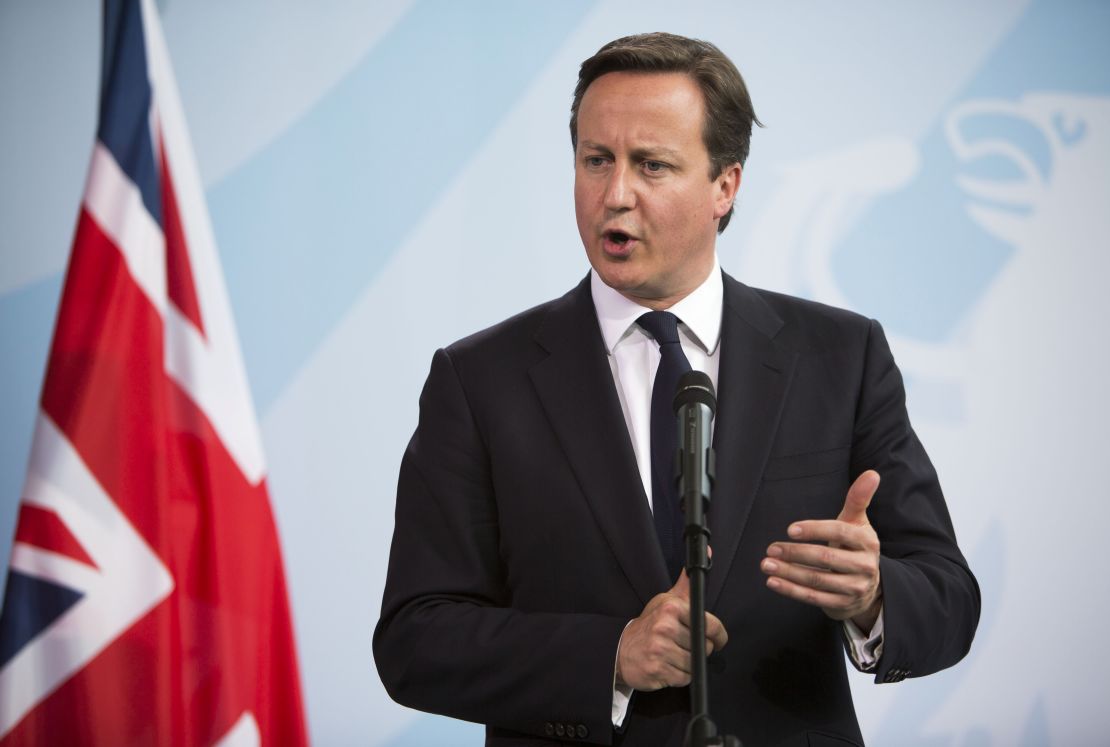Story highlights
Former Prime Minister Gordon Brown allegedly "declared war" on Rupert Murdoch
David Cameron is called to testify next Thursday
He has faced questions about his ties to media baron Rupert Murdoch and Rebekah Brooks
A former British prime minister who has been a harsh critic of media baron Rupert Murdoch is due to testify Monday at an enquiry spawned by phone-hacking at Murdoch’s News of the World tabloid.
Gordon Brown is due to take the stand at the Leveson Inquiry, a wide-ranging probe set up by the British government to examine media ethics.
Former Prime Minister Tony Blair has already testified.
Murdoch himself spent a day and a half on the stand earlier this year, and said that Gordon Brown had vowed to declare war on Murdoch’s News Corp. after one its high-profile tabloids withdrew support for Brown’s Labour party.
Cameron, who has been under pressure because of his ties to Murdoch and his former newspaper chief Rebekah Brooks, is scheduled to testify all day Thursday at the Leveson Inquiry.
Chancellor of the Exchequer George Osborne will be quizzed Monday, as will former Prime Minister Gordon Brown, the inquiry’s witness list shows.
John Major, another ex-prime minister, will appear Tuesday, as will opposition Labour Party leader Ed Miliband and his deputy, Harriet Harman.

Deputy Prime Minister Nick Clegg is scheduled to testify Wednesday, ahead of Scottish First Minister Alex Salmond.
The judge-led Leveson Inquiry, set up by Cameron after the phone hacking scandal at Murdoch’s News of the World newspaper last summer, is examining the relationship between the media and politicians.
Blair, in his testimony, said he came under “political pressure” from Murdoch during his time in office but denied that his relationship with the media baron was too “cozy.”
In April, Cameron told politicians in the House of Commons: “I think we all, on both sides of this house, did a bit too much cozying up to Mr. Murdoch.”
Cameron has faced questions about his ties to Murdoch and Brooks, both of whom have also appeared before the inquiry, particularly in relation to News Corp.’s bid to take full control of British satellite broadcaster BSkyB. The attempt was abandoned amid the furor over phone hacking at News of the World, owned by News Corp.’s British subsidiary News International.
Brooks detailed frequent contacts with Cameron in the run-up to the 2010 election and said she had received commiserations from the prime minister when she resigned from News International last summer.
She and her husband, racehorse trainer Charlie Brooks, were last month charged with interfering with the police investigation.
Cameron’s judgment in hiring former News of the World editor Andy Coulson as his communications director has also been called into question.
Coulson resigned from the Downing Street role early last year when police began a new phone-hacking investigation, saying it had become a distraction. He quit the News of the World after two employees were jailed over phone hacking in 2007 but denies knowing of wrongdoing while he was in charge.
Coulson was last week arrested and charged with perjury over court testimony about phone hacking, according to Britain’s Press Association news agency.
The Leveson Inquiry was established by Cameron after British public anger at the News of the World about the hacking of voice messages of a missing teenage girl who turned out to have been murdered.
The case of Milly Dowler came on top of apologies from the tabloid for the hacking of the phones of celebrities and politicians and proved to be the last straw for the paper, which was shut down in July.
The inquiry is intended to explore press ethics in Britain more widely, alongside police investigations into phone hacking, e-mail hacking and police bribery by people working for Murdoch’s British newspapers.
CNN’s Laura Smith-Spark and Bharati Naik contributed to this report.




